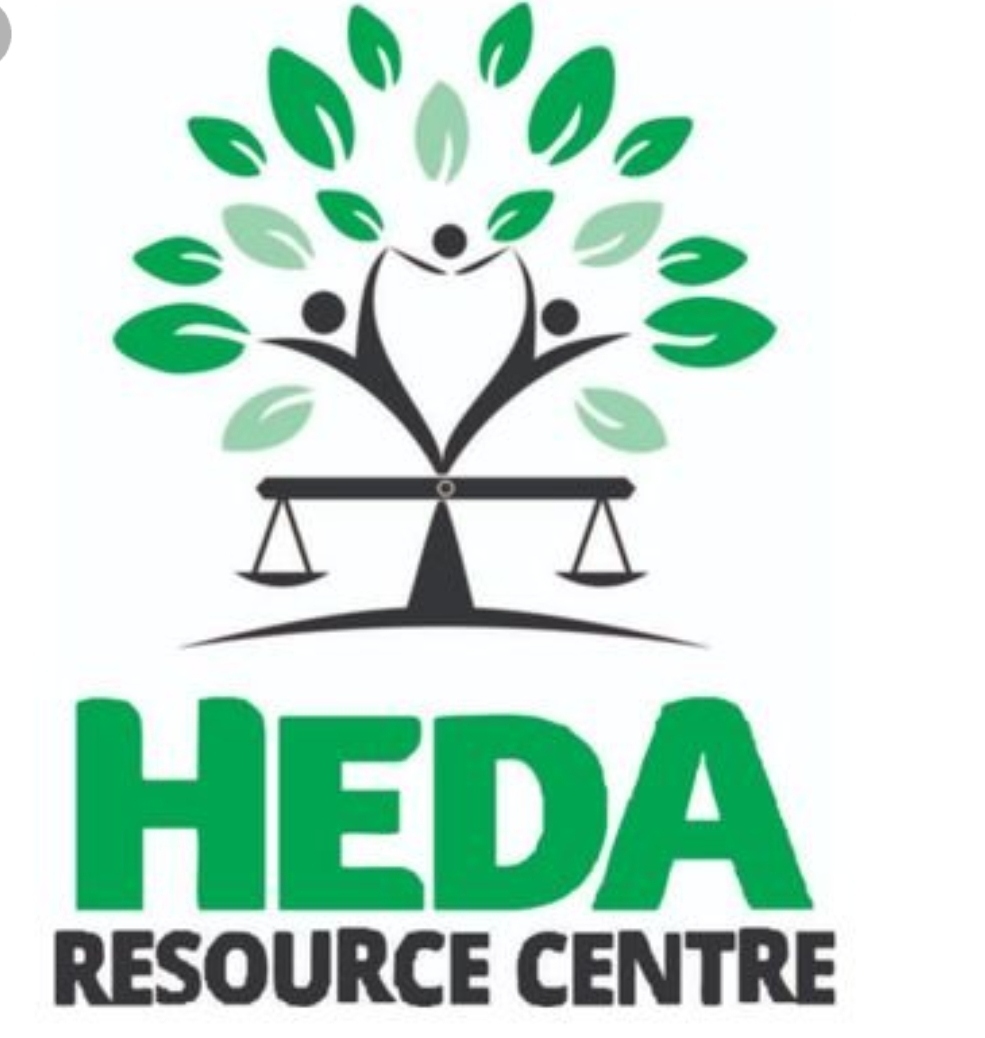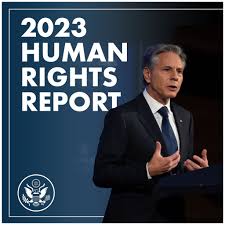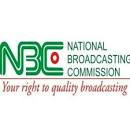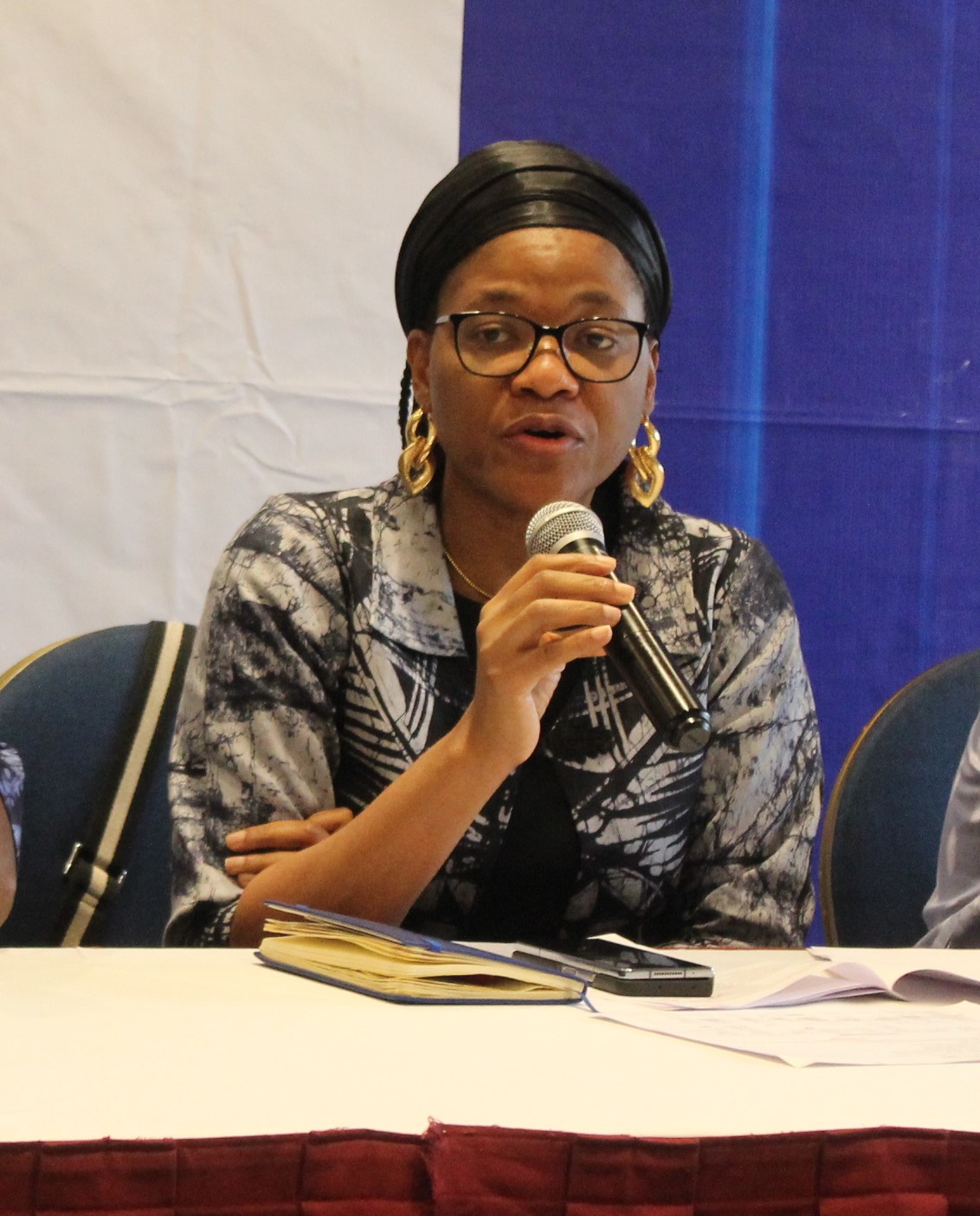Ahead of the 2023 poll, the Netherlands Ministry of Foreign Affairs and the Human and Environmental Development Agenda, (HEDA Resource Centre) have expressed commitment to deepening democracy in Nigeria.
The two institutions said free and fair elections are the panacea for growth and prosperity of Nigeria. The Netherlands officials led by the Netherlands Consulate-General, Michel Deelen had also sought collaboration with HEDA to deepen democracy and non violence in the coming elections.
Human and Environmental Development Agenda, (HEDA Resource Centre) had last week hosted some officials of the Netherlands Foreign Affairs Ministry and several civil rights groups representing interests across the country to discuss 2023 election-related matters at the organisation’s office in Lagos.
Meanwhile, the Netherlands delegates at the interactive session includes the Netherlands Consulate-General, Michel Deelen, the Head of the West-Africa Section at the Dutch Ministry of Foreign Affairs, Mr Tijmen Rooseboom, Policy Coordinator for West Africa at Ministry of Foreign Affairs, Mr Rob Sistermans and Desk Officer Nigeria, Mrs Sosha Bronfman.
However, speaking on behalf of the Dutch delegates, the Netherlands Consulate-General to Nigeria, Michel Deelen, said the Dutch Ministry of Foreign Affairs are interested in understanding and knowing what is happening in the civic space regarding the forthcoming 2023 elections and engaging them stakeholders in the space to speak out on electoral related issues.
In the same vein, the Executive Secretary, HEDA Resource Centre, Mr Sulaimon Arigbabu giving his welcome address, said the interactive session between HEDA, civil society groups and the delegation from the Ministry of Foreign Affairs of The Netherlands was aimed at broadening the democratic space, promote transparency and non violence in the forthcoming 2023 elections.
Arigbabu also added that the meeting is in line with HEDA Resource Centre’s three core focal areas, namely: good governance and anticorruption; environmental justice and sustainable development; and electoral reforms.
He said, “this gathering fits perfectly into a core aspect of our work. I must mention that, alongside our partners and leading voices on election-related matters, many of whom are either here seated or represented, we have been at the forefront of campaigning for electoral reforms as well as election observation and monitoring.”
Recalled that as part of build up to the forthcoming 2023 general elections in February next year, HEDA last November, in collaboration with partners, convened key stakeholders for the 27th Anti-Corruption Situation Room (ACSR) to discuss sundry integrity and accountability issues affecting Nigeria’s electoral processes and how these issues could be addressed ahead of the 2023 elections.
Similarly, the Head of the West-Africa Section at the Dutch Ministry of Foreign Affairs, Mr. Tijmen Rooseboom, maintained that the European countries are interested in a peaceful election and was ready to work with groups committed to promoting democracy in Nigeria in line with global best practices, adding that Nigeria is an important partner in Africa.
Some of the issues raised at the interactive session as threats to credible polls in the forthcoming general elections includes; the state of Insecurity in Nigeria; the high-rate of vote buying and selling exercise; electoral violence; disenfranchise of some eligible voters (women, Persons with Disabilities); BVAS technical errors; legal framework loopholes in electoral reforms and failure to pass the electoral offenders’ law or prosecute offenders; among others.
The gathering however proffered some solutions to the highlighted problems, calling on the electoral umpire and the media to focus more attention on the rural areas to avert mass vote rigging, buying and selling. Participants also called on international bodies to sanction politicians that violate electoral laws as measures to discourage the illegal act.
Similarly, the media and CSOs were also charged on formidable partnership in revealing electoral fraud and irregularities by politicians and political parties during the electoral process. The electoral law reference in the court during electoral offence cases should also enjoy utmost priority.
The Dutch delegates reiterate the Ministry of Foreign Affairs of the Netherland’s solidarity with the Civil Society Groups as they observe the elections and monitor processes leading to elections to ensure the success of the polls.
Commenting on the international sanctions for politicians frustrating Nigeria’s electioneering process, Rooseboom further revealed that part of the European Union’s resolutions is to deny those politicians entry access to their countries.
He added, “For us in the Netherlands, the government won’t only stop at denying them visas but also be freezing their (Nigeria Politicians) foreign bank accounts in the country, seizing their assets, and shutting down their companies.
Civil society groups and media stakeholders at the interactive session included Socio-Economic Rights and Accountability (SERAP), Enough-Is Enough, Premium Times, Committee for the Defense of Human Rights (CDHR), International Press Centre, (IPC), Women Arise, Daily Trust, Women Advocates Research and Documentation Centre (WARDC), The Cable, CACOL, UAD, among others.























